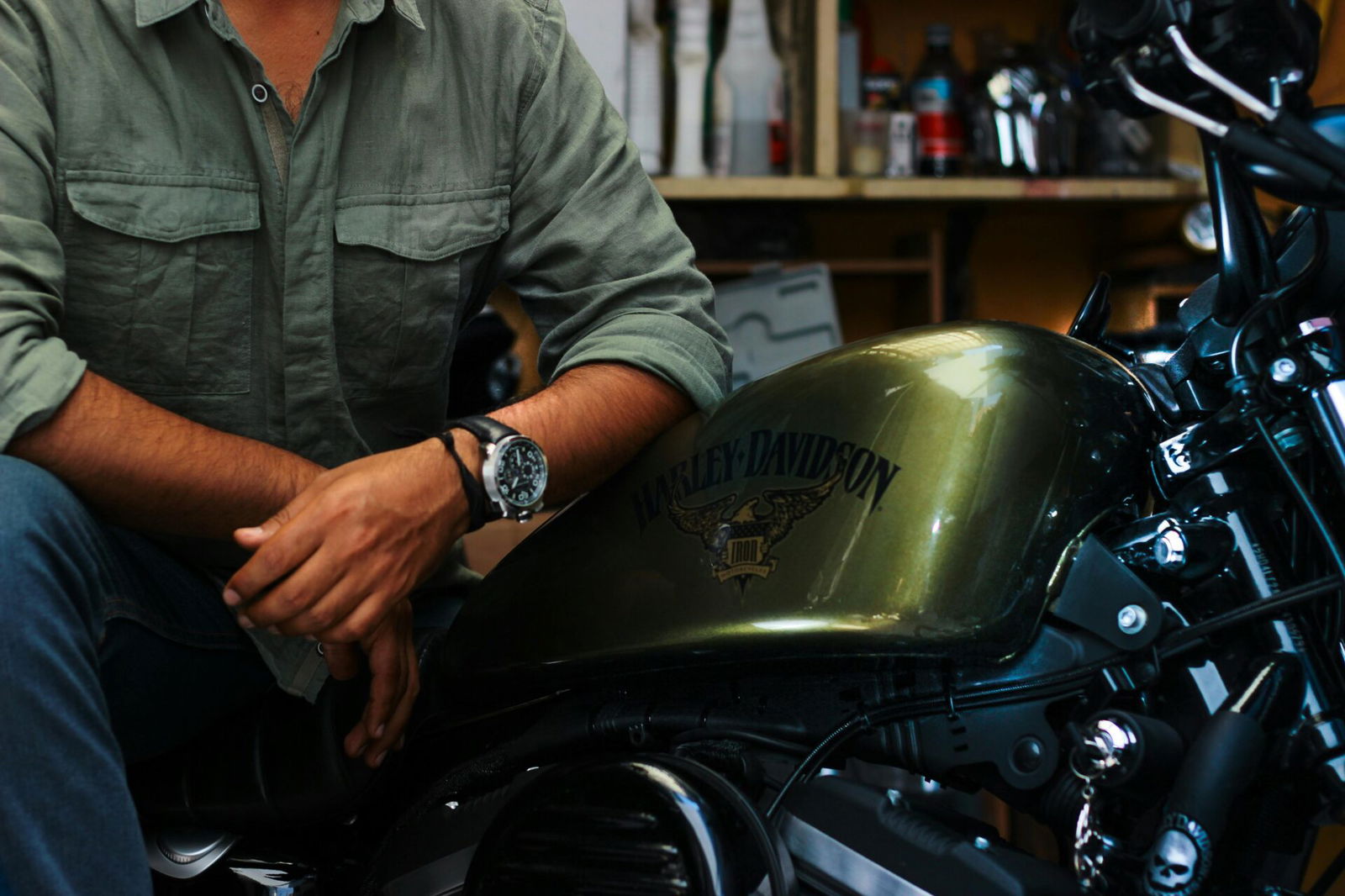
August 20, 2024
Harley-Davidson Clarifies They Have No DEI Initiatives In Social Media Post
The Milwaukee-based company announced in a statement posted to X on Aug. 19 that despite ditching diversity, equity and inclusion initiatives, it is still committed to a broad customer base.
Harley-Davidson has become the latest company to buckle to a targeted campaign by conservative anti-diversity critic Robby Starbuck. The Milwaukee-based company announced in a statement posted to X, formerly known as Twitter, on Aug. 19 that despite ditching diversity, equity, and inclusion initiatives, it is still committed to a broad customer base.
According to CBS News, Starbuck began his campaign against the motorcycle company in July, writing on X that Harley-Davidson had “gone totally woke.” Of course, Starbuck was pleased that Harley-Davidson decided to end its policies aimed at ensuring diversity, equity, and inclusion, posting a meme underneath the company’s statement captioned “We’ve done it again.”
In its statement, Harley-Davidson acknowledged that the attacks were designed to divide the Harley-Davidson riders’ community but clarified that there were no longer any official DEI programs at the company.
“We are saddened by the negativity on social media over the last few weeks, designed to divide the Harley-Davidson community. As a Company, we take this issue very seriously, and it is our responsibility to respond with clarity, action, and facts.”
The statement continued, “That said, we have not operated a DEI function since April 2024, and we do not have a DEI function today. We do not have hiring quotas, and we no longer have supplier diversity spend goals. Training provided will be related to the needs of the business and be absent of socially motivated content. Only legally required training has ever been mandatory at Harley-Davidson.”
The statement concluded, “We believe having both a broad employee and customer base is good for business and that, ultimately, everybody should experience the joy of riding a Harley-Davidson. We remain committed to listening to all members of our community as we continue on our journey together as the most desirable motorcycle brand in the world.”
Christopher Rufo, another anti-diversity critic, chided conservatives to show their support of Harley-Davidson’s new policies instead of attacking them in his own tweet, “Conservatives: Now is the time to praise, rather than attack, Harley-Davidson. We need to punish bad behavior, but we also need to reward good behavior. When a company dismantles its DEI program, tell them you support that decision.”
Harley-Davidson’s statement, both an affirmation of and a rejection of Starbuck’s claims, reflects the conflict in Americans’ opinions about DEI initiatives. According to Fortune, although 61% of adults see DEI as a good thing, a majority of respondents in a survey conducted by Bentley University and Gallop also said that they didn’t want companies to take a stance based on current events, with the notable exceptions being Black adults, LGBTQ+ adults, and Democrats. The former groups tend to be targets of corporate DEI backlash, even if that is not a stated goal of conservative activists like Starbuck.
In April, Axios summarized the rise and fall of recent DEI initiatives in response to the murders of George Floyd and Breonna Taylor in 2020 to the cascade of companies currently backing away from DEI due to their fear of conservative lawsuits or attacks, while others quietly stick with their efforts.
According to Johnny C. Taylor Jr., president of The Society for Human Resource Management (SHRM), the reframing of DEI to just D&I reflects a reexamination of diversity initiatives. “A lot of companies were already doing this. There’s been the renaming, refocusing of, revisiting of, diversity pretty seriously over the last year. And I don’t think that’s a bad thing. We can’t come in and have a legitimate conversation with senior management when people are debating what the ‘e’ means.”
Others, like Alex Suggs, the co-founder of a DEI consulting firm, Different, postulated that SHRM’s stance could embolden more companies to back off of DEI commitments and investment due to its position as the leading human resources organization. “They’re in such a prominent position,” Suggs told Axios. “If they are backing away from equity, that’s giving a free pass to all the naysayers and giving more fuel to the fire of the backlash we’re seeing.”
RELATED CONTENT: John Deere Bows To Conservative Pressure, Ends Support For Diversity, Equity And Inclusion Initiatives